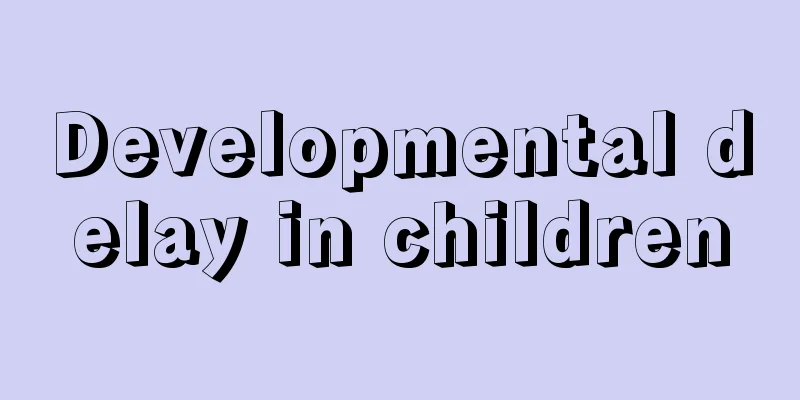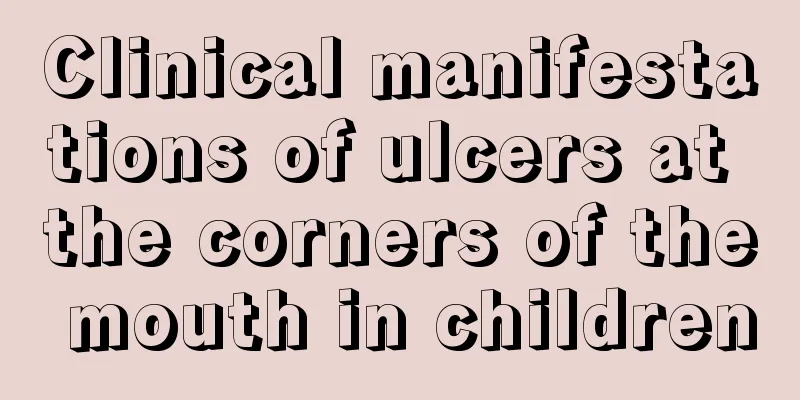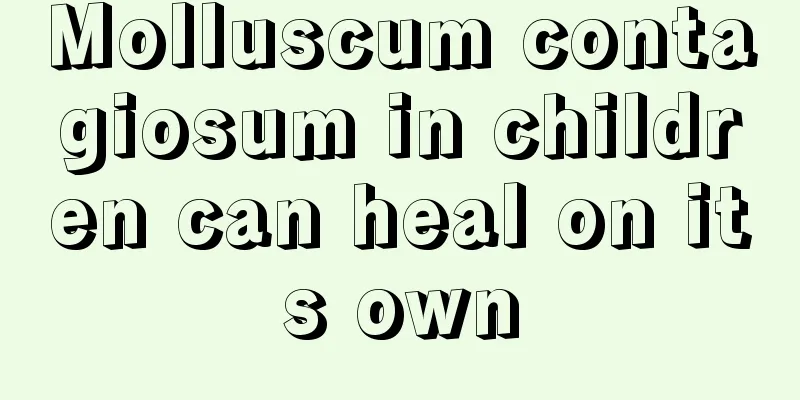Developmental delay in children

|
As parents, children's health is a matter of particular concern to them. Of course, every parent hopes that their children can grow up healthily, so they try every means to provide the best conditions for their children. However, some children still have some health problems. For example, developmental delay in children is a matter of great distress to parents of children with developmental delay. So what is developmental delay in children? What are the symptoms of developmental delay in children? The manifestations of developmental delay in children are multifaceted, usually manifested in delayed physical development, mental development, and motor development. Below we ask experts to introduce some symptoms of developmental delay in children, hoping to help the majority of patients: 1. The baby's body becomes soft and the movements are significantly reduced: This is a sign of low muscle tone, which is more common in babies aged one month. A stiff body is a sign of hypertonia. 2. Slow reaction: mostly manifested in hearing and vision. This is an early sign of damage to the hearing system or intellectual disability. 3. Abnormal head circumference: Head circumference is a morphological indicator of brain development. Infants with brain damage often have abnormal head circumference. 4. Poor weight gain, reduced food intake, and inability to breastfeed. 5. Fixed posture: This is mostly caused by abnormal muscle tension due to brain damage. For example, opisthotonos, frog position, inverted U position, etc. 6. Not smiling: Babies will normally start to smile at 3 months old, but if they have slow movements, they will not smile or their laughing will be delayed. A 4-month-old baby cannot laugh out loud. 7. Clenched hands: often clenched fists but unable to open, or thumbs retracted, especially on one upper limb, unable to reach out and grab objects. 8. Body torsion: Body torsion in infants aged 3 to 4 months often indicates extrapyramidal system damage. 9. Unstable head: For example, a 4-month-old baby cannot sit with his head upright or lift his head. 10. Strabismus: Babies aged 3 to 4 months may experience strabismus or poor eye movement. 11. Staring at the hands: This condition still occurs after 6 months; the clinical manifestations are that babies aged 3 to 4 months cannot lift their heads, babies aged 7 months cannot sit or stand, and babies aged 1 year cannot walk. The above is an introduction to some symptoms of developmental delay in children. Babies are always growing and developing, so the various symptoms will be different. Parents should be reminded that when they find that something is wrong with their children, they must take their children to a regular hospital for consultation, diagnosis and treatment in time, so that their children can recover as soon as possible. |
>>: Allergic asthma in children
Recommend
What to do if your six-month-old baby has astigmatism
In life, many babies will have astigmatism caused...
The reason why red pimples grow on children's backs
The physical health of children is what parents c...
The reason why the baby's tongue is yellow
It is particularly painful for an inexperienced m...
The reason why the baby has small red spots all over his body
It is very easy for people to get allergies in sp...
How to treat children's autumn prickly heat?
Usually, skin diseases such as prickly heat are m...
What is this hole behind my baby's head?
For parents, there is nothing happier than seeing...
At what age do children start to lose their teeth?
The growth of children has always been a matter o...
One thing you must tell your children, you may not even know
Have you noticed that there is a string of number...
What health supplements can children take to grow taller?
In fact, parents nowadays are overprotective of t...
What should I do if my baby spits up milk seriously at two months old?
Babies are a group we pay close attention to. We ...
Three-year-old baby likes to chew things
When babies are young, their first reaction is to...
Why don't babies choke on water when swimming?
Babies do not choke on water when swimming becaus...
Symptoms of colic in babies
Many people who have taken care of children know ...
What are the white spots on my child’s arms?
If white spots appear on the baby's arms, par...
What to do if your child doesn't like sports
Whether for adults or children, they need to main...









